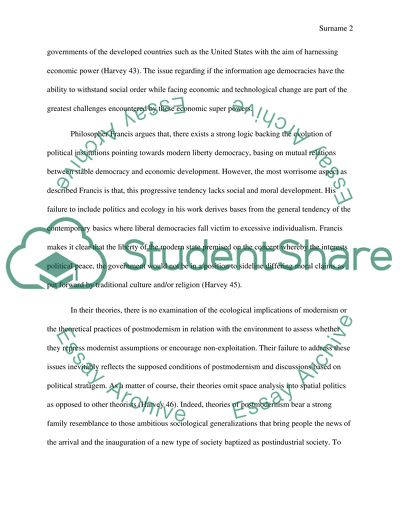Cite this document
(“THEORIES OF LATE CAPITALISM AND THE WORLD SYSTEM Essay”, n.d.)
Retrieved from https://studentshare.org/geography/1397523-theories-of-late-capitalism-and-the-world-system
Retrieved from https://studentshare.org/geography/1397523-theories-of-late-capitalism-and-the-world-system
(THEORIES OF LATE CAPITALISM AND THE WORLD SYSTEM Essay)
https://studentshare.org/geography/1397523-theories-of-late-capitalism-and-the-world-system.
https://studentshare.org/geography/1397523-theories-of-late-capitalism-and-the-world-system.
“THEORIES OF LATE CAPITALISM AND THE WORLD SYSTEM Essay”, n.d. https://studentshare.org/geography/1397523-theories-of-late-capitalism-and-the-world-system.


